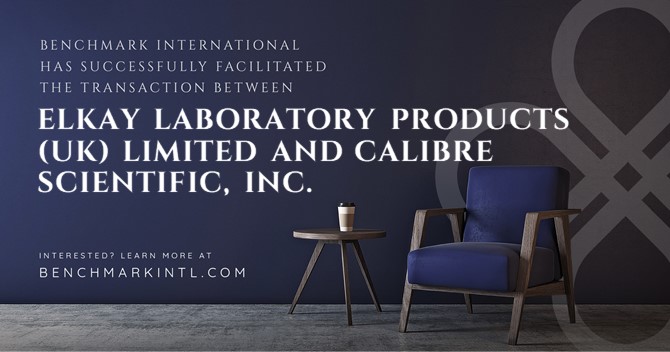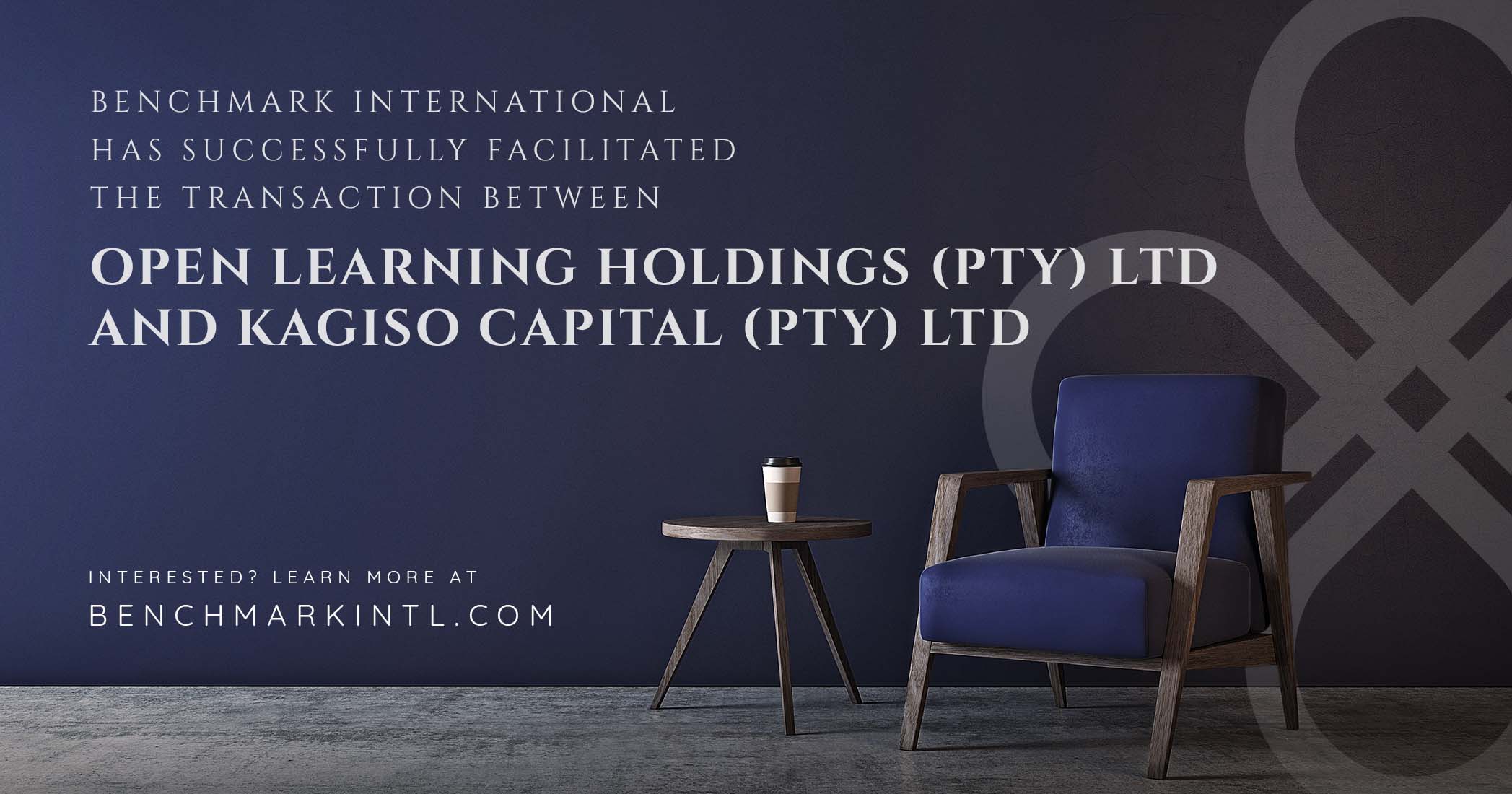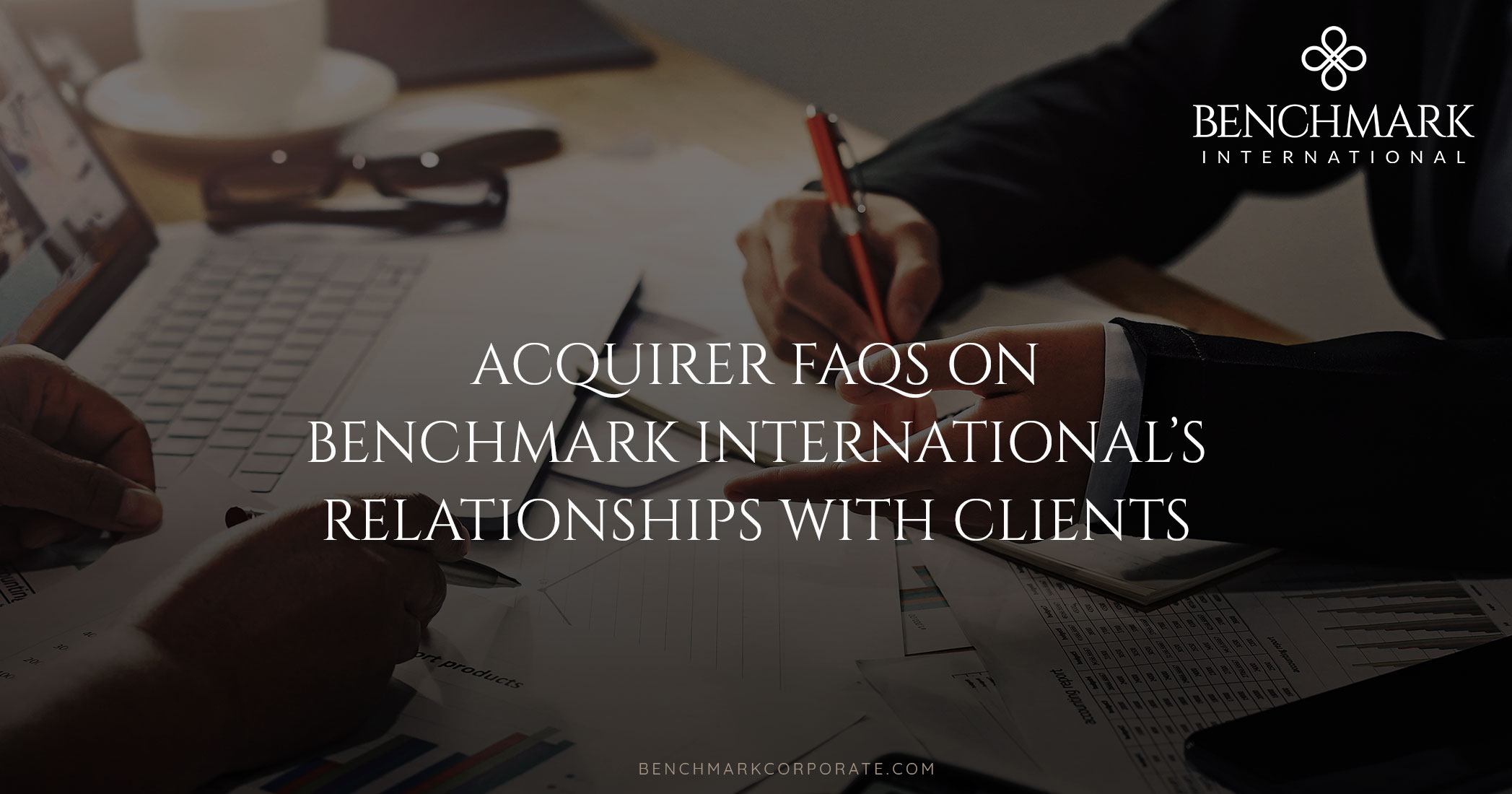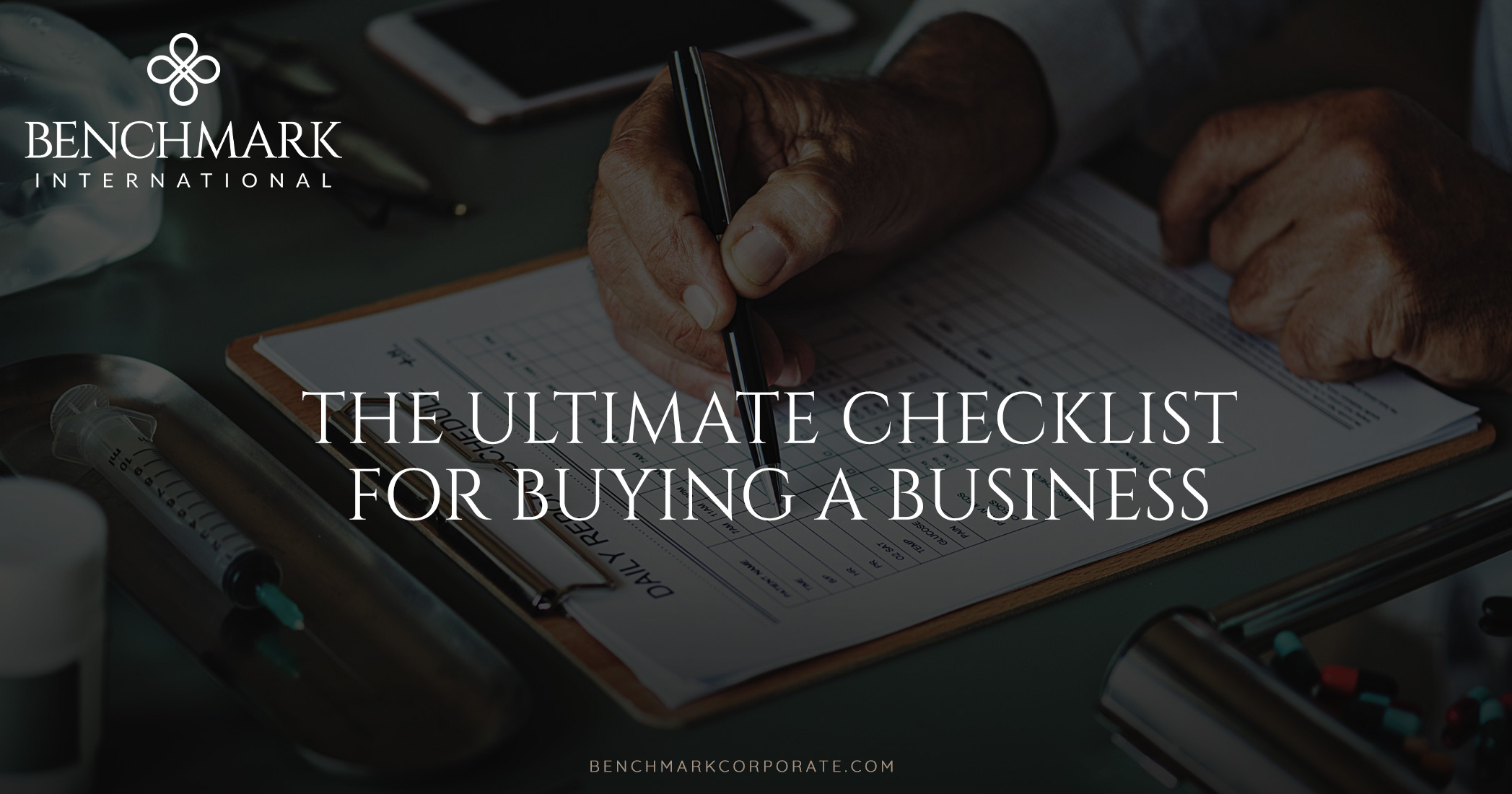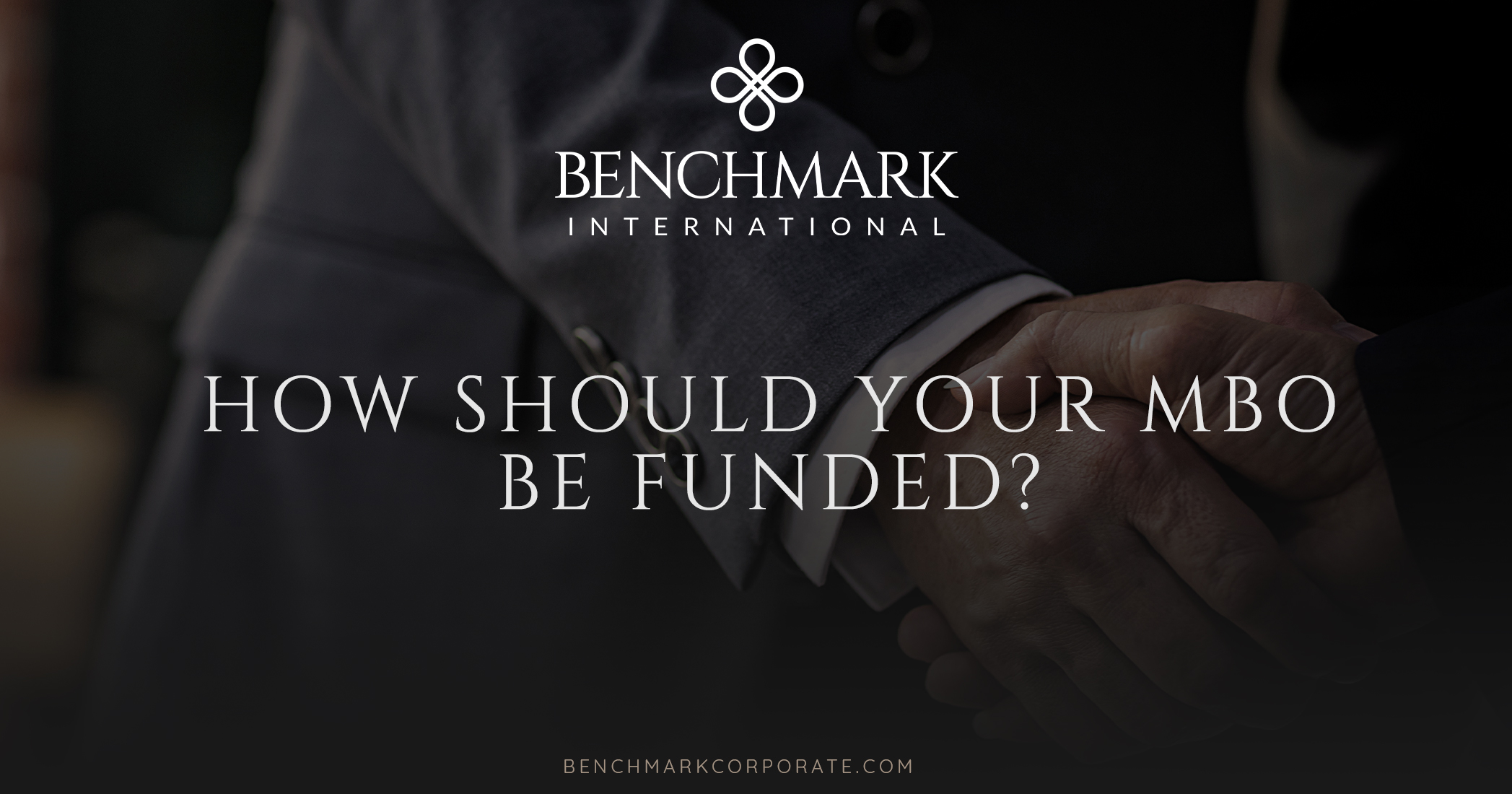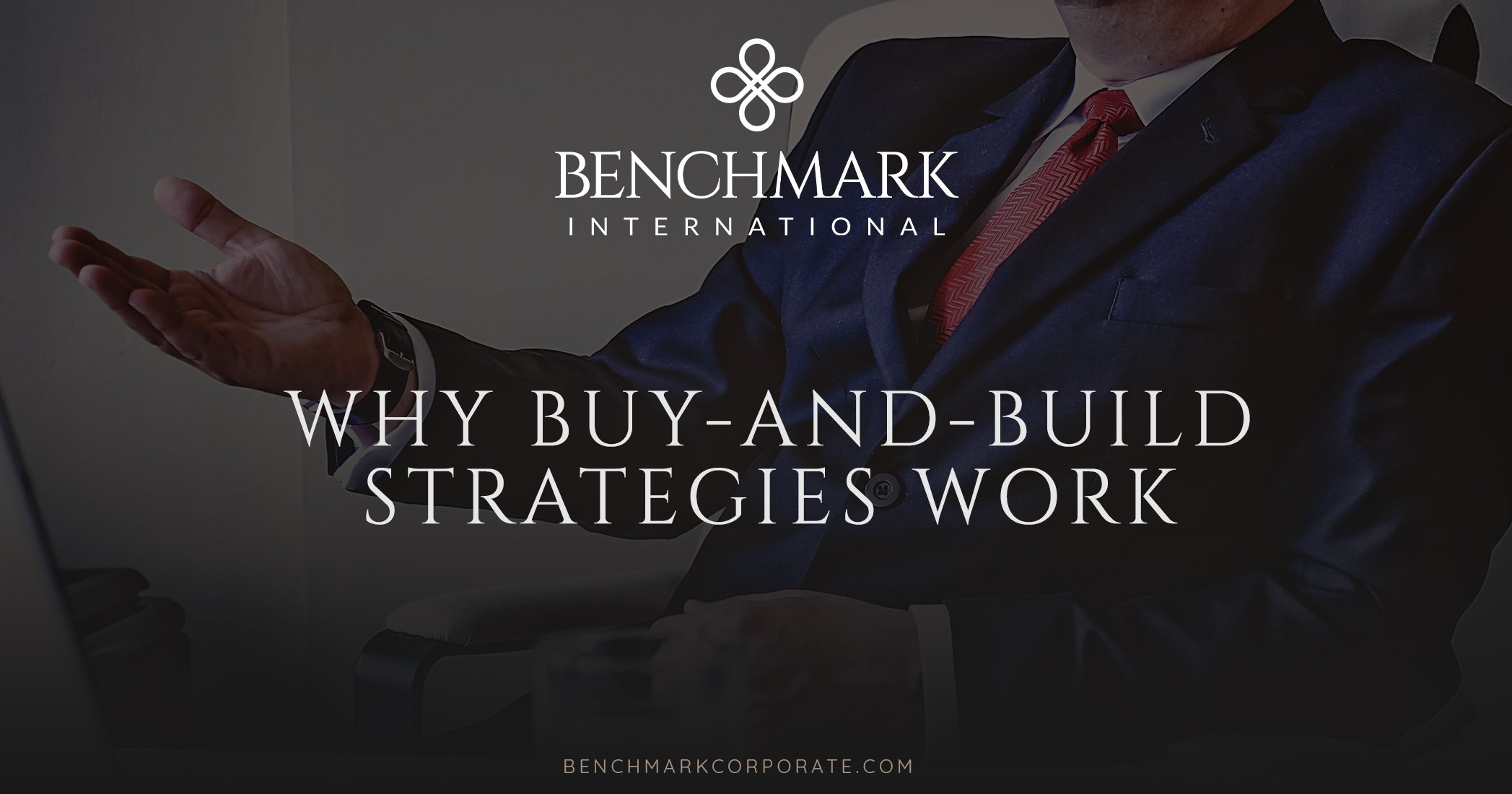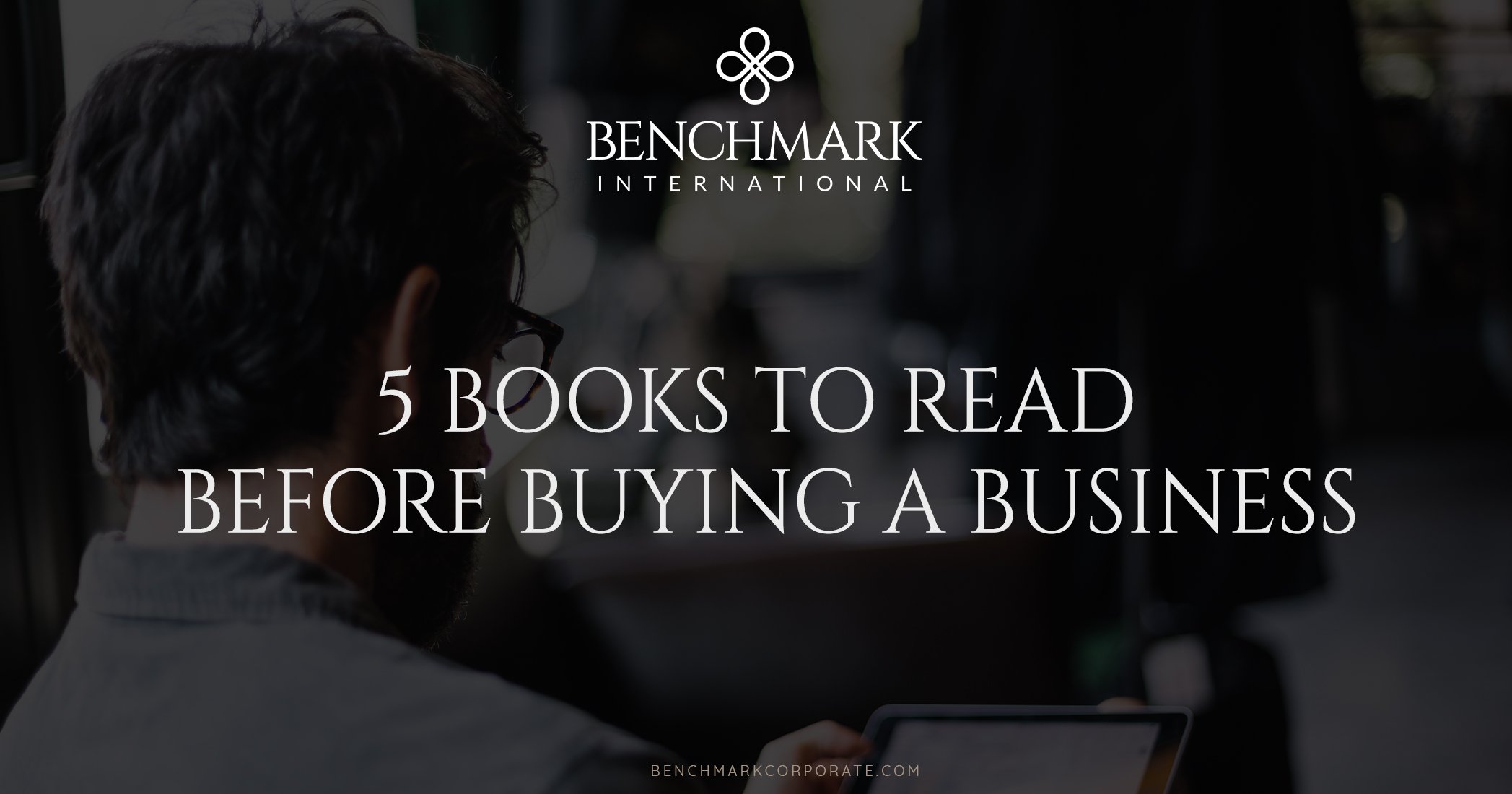Acquiring an existing business can offer great advantages over starting a new business from scratch, especially if the target business is thriving and holds more opportunities for growth. When considering the purchase of a company, you should take certain steps so that you can be confident that you are minimizing your risk and making a smart move. Use this comprehensive checklist to help you ask the right questions and guide you through the process.
☐ Is the Target Company Financially Healthy?
This is a question you must ask yourself before considering anything else about the business. You will want to carefully comb through the business's financial statements for the past five years (at least) to identify if anything appears out of the ordinary and to assess how the numbers compare with standard performance in that sector. Also, request to see the tax returns for the same years. This will help you determine whether the owner has put personal expenses through the company books and give you a more complete picture of the company's actual value. You also will want to know if you will be taking on any existing debt, and exactly how much.
☐ Will You Be Able to Generate Cash Flow?
It is crucial that you know whether you will be able to generate cash flow immediately upon purchasing the business. If not, are you in a position to carry the business until that time comes? No matter how attractive the company may seem, you must ensure that you are not getting in over your head. Take a thorough look at sales records to assess past and future performance. You must also find out if any existing clients or customers are planning to part ways and what you can do to retain their business.
☐ Does the Company Have a Good Reputation?
Doing a quick Google search can reveal quite a bit about a business. You will want to see how the company is perceived in the world. Does it have a lot of negative reviews or bad press? Are there any customer complaints, and do you know how they were handled? Get a comprehensive look at the business's reputation because you are going to need to see if you have work to do in order to turn it around. This could include a complete rebranding and marketing effort, which costs money.
☐ Have You Done Your Homework on the Staff?
When you acquire an existing business, you are also acquiring its management team and employees. You should know the skill levels and proficiencies of any staff you will be inheriting, and whether you are going to be faced with the task of replacing key staff members. Do all team members plan to stay with the company? Have they been made any promises by previous ownership that you will now be expected to fulfill? Is anyone retiring or planning to go on extended leave? Is anyone disgruntled about the sale? When you know the answers to these questions, you'll be best prepared to address any issues.

☐ What is the State of the Inventory?
If inventory is applicable to the business in question, everything should be itemized and given a carefully determined value. Will any inventory lose value with time, or only have a value at certain times of the year? Will it be adequately stocked for when you take over the company? When you are investing in a company, you're going to want to have everything you need on hand to generate revenue from its operation.
☐ What is the State of the Physical Property?
First things first: you need to know if the business owns the property on which it resides or if there is a lease agreement in place. Then seek out answers to the following questions. What are the details of the lease and the reputation of the landlord? How much is the rent, and is it due to increase? Is the property in good condition, or is it in need of repair? If the business owns the property, what are the real estate taxes? Is the property able to accommodate any planned growth? Is it legally zoned? Is the location appropriate? Are you going to need to make changes, or find a new location altogether? This is an area where you cannot be too thorough.
☐ Do You Have All the Legal Documents and Contracts?
This is another critical step in purchasing a business. You are going to need to have every last piece of paperwork that pertains to that business. This includes business licenses, copyright agreements, patents, trademarks, import and export permits, mining rights, real estate documents, etc. Basically, if something relates to the business in any way, you should have documentation of it. If the current owner has not kept good records, there is your first sign that you might want to think twice about moving forward with the acquisition.
☐ What is the Condition of the Business's Equipment?
You should assess the condition of all office equipment, furniture, machinery, and vehicles used for the business. What is owned and what is leased? What are the items' lease or purchase details, and are there maintenance agreements in place? You should assess the condition of all equipment to determine if anything will need to be replaced because this will be a factor in the purchase price of the business.
☐ Are You Familiar With the Business's Suppliers?
This is important because suppliers can have a significant impact on how reliable your business is able to run. You want to ensure that they are established and committed to providing superior quality and service. Find out if they fill orders on time and meet their obligations. Look into any contracts that are in place, so you understand the relationship. You also will want to ask if there are any expected price increases or factors that may impact the existing arrangement.
☐ Contact Benchmark International
If you are looking to buy a business, we represent highly motivated sellers in the lower-middle and middle market that may be the perfect fit for you. Contact one of our experts to discuss how we can help with target company searches.
READ MORE >>
 Benchmark International
Benchmark International  Benchmark International
Benchmark International 



